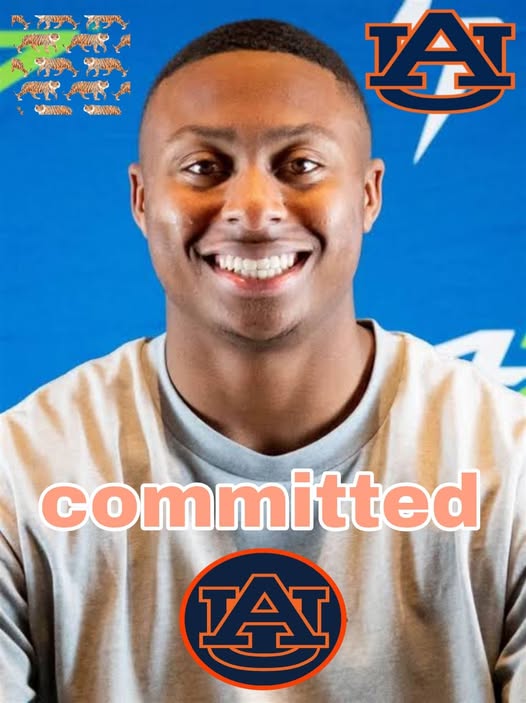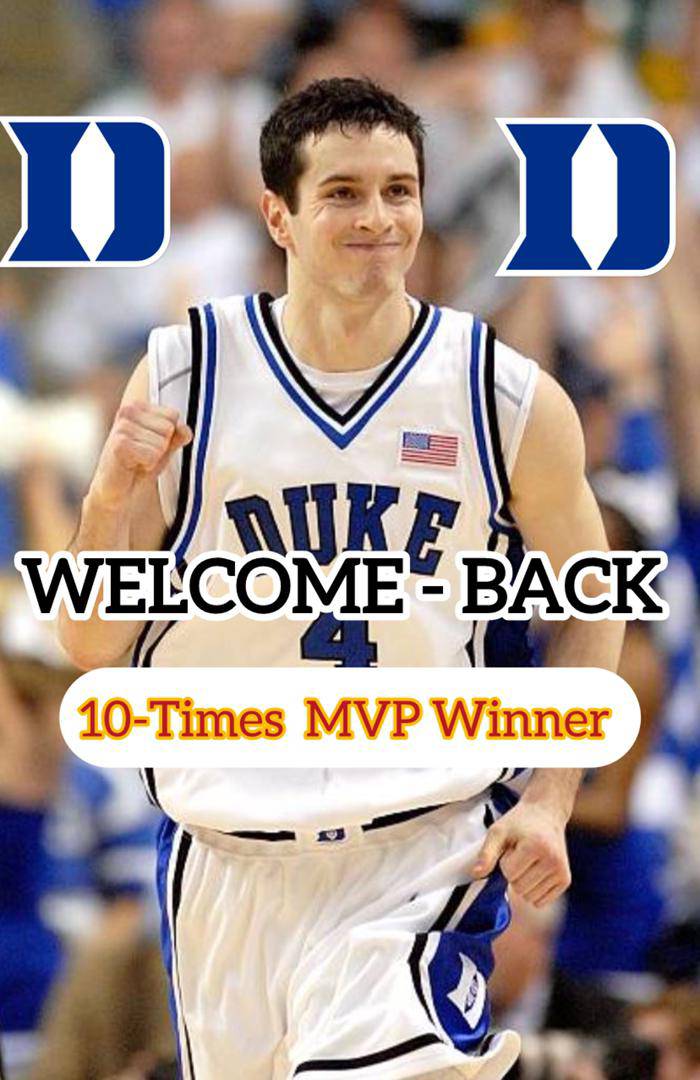JUST IN: Baltimore Ravens’ Mark Andrews Shatters Stereotypes by Hosting Camp for Athletes with Diabetes — Why Some Are Calling It a Game-Changer
Baltimore — When Baltimore Ravens tight end Mark Andrews stepped off the field this offseason, most expected him to be taking it easy, rehabbing, or preparing quietly for the next grind. Instead, Andrews has done something unexpected — something bold and deeply personal: hosting a camp exclusively for athletes living with diabetes.
For many, diabetes is viewed as a limitation, a life sentence of needles, diet restrictions, and “can’t dos.” But Andrews is rewriting that narrative with every touchdown, and now, with every camp session he runs. This isn’t just about football. It’s about fighting stigma, redefining what’s possible, and inspiring an entire generation who’ve been told their dreams need to be downsized.
The camp invites young athletes with Type 1 and Type 2 diabetes to come together, train, and learn how to thrive both on the field and in life. It’s a safe space for kids who have too often felt sidelined by their diagnosis, a place where they can ask questions, build confidence, and see someone who’s made it to the NFL while managing the condition.
But not everyone is applauding.
Critics argue the camp is more about publicity than actual impact — a “feel-good” move by a star player seeking to boost his brand. Some detractors say it puts unnecessary pressure on kids to perform at elite levels despite health challenges that should warrant caution, not competition.
Yet the outpouring of gratitude from families and young athletes tells a different story. Parents who have watched their kids battle isolation and self-doubt say this camp has been transformative — a turning point in how their children see themselves and their futures.
Mark Andrews himself has been candid about his own struggles with diabetes management, insulin routines, and the emotional toll the disease takes. He’s shared his own mistakes, times when he almost gave up, and the relentless discipline required to stay at the top of his game.
For the athletes attending the camp, Andrews is more than a role model. He’s living proof that a diabetes diagnosis doesn’t have to define your destiny. That with the right mindset, support, and tools, the field isn’t off limits.
The camp includes football drills, nutrition workshops, glucose management education, and mental health resources. Medical professionals are on hand to answer questions, and family members are invited to participate, fostering an entire community of support.
More than that, it challenges the sports world’s assumptions about chronic illness and athletic potential. It sparks a larger conversation about how teams, schools, and leagues can better accommodate and empower athletes with diabetes.
If anything, Andrews’ camp has become a catalyst for change — pushing beyond the sidelines of stigma and into the heart of what sports should be: inclusive, inspiring, and transformative.
As the Ravens prepare for the upcoming season, Andrews’ efforts off the field may prove just as important as his clutch catches on it. Because sometimes, the biggest victories happen before the whistle blows.



